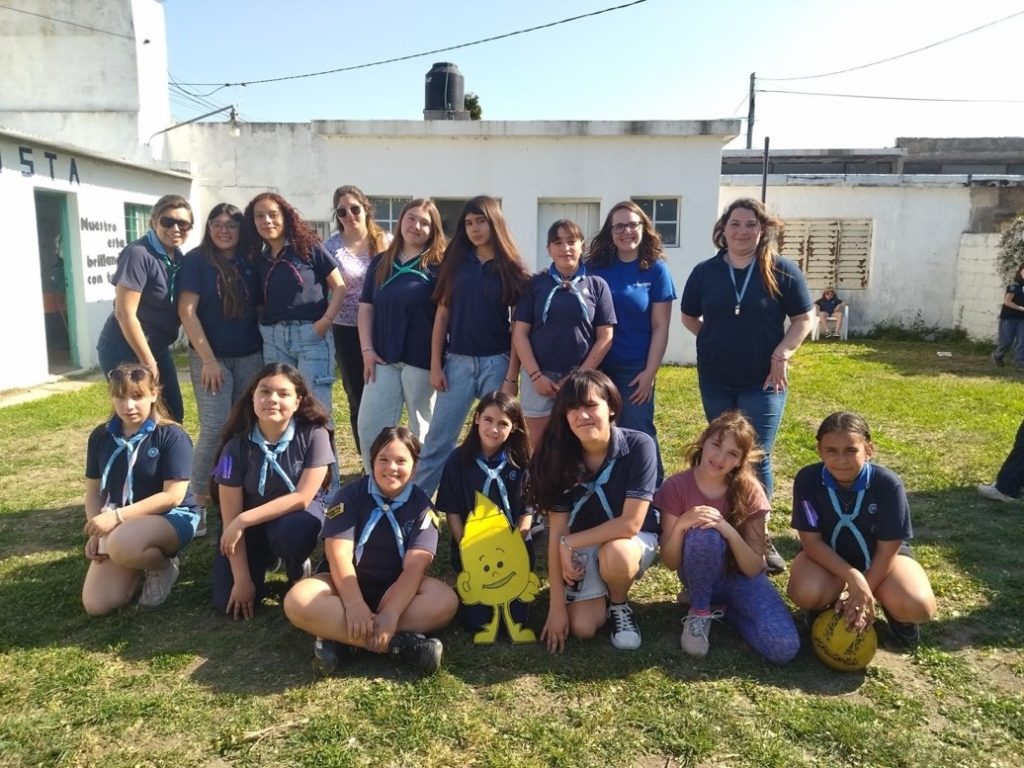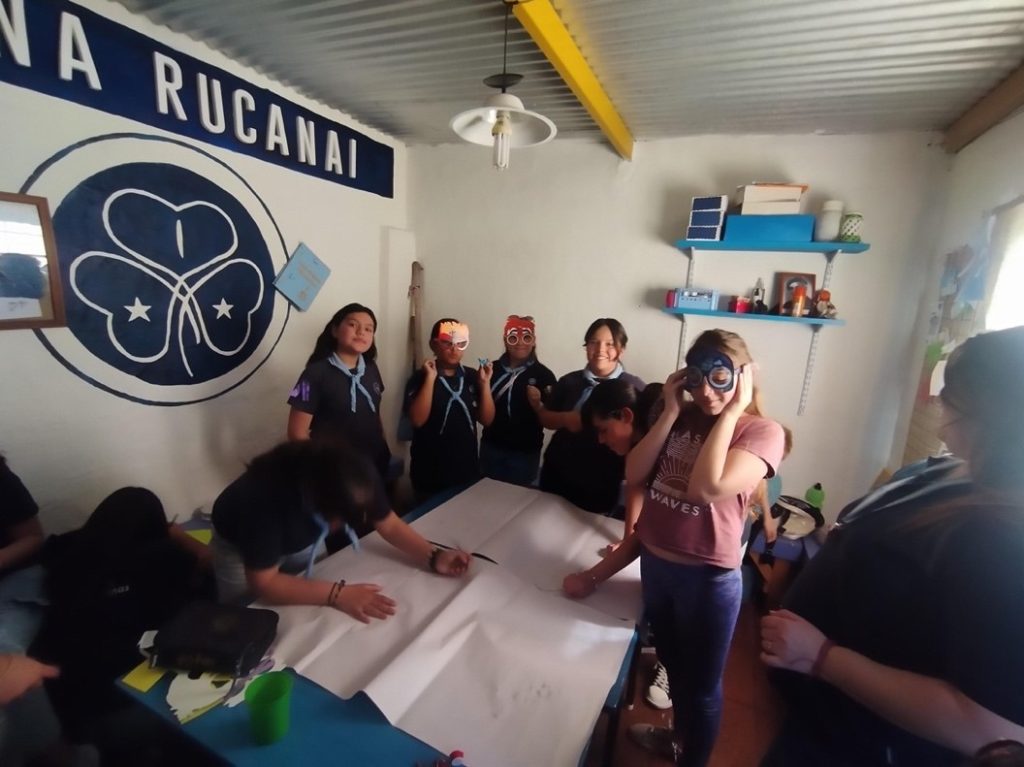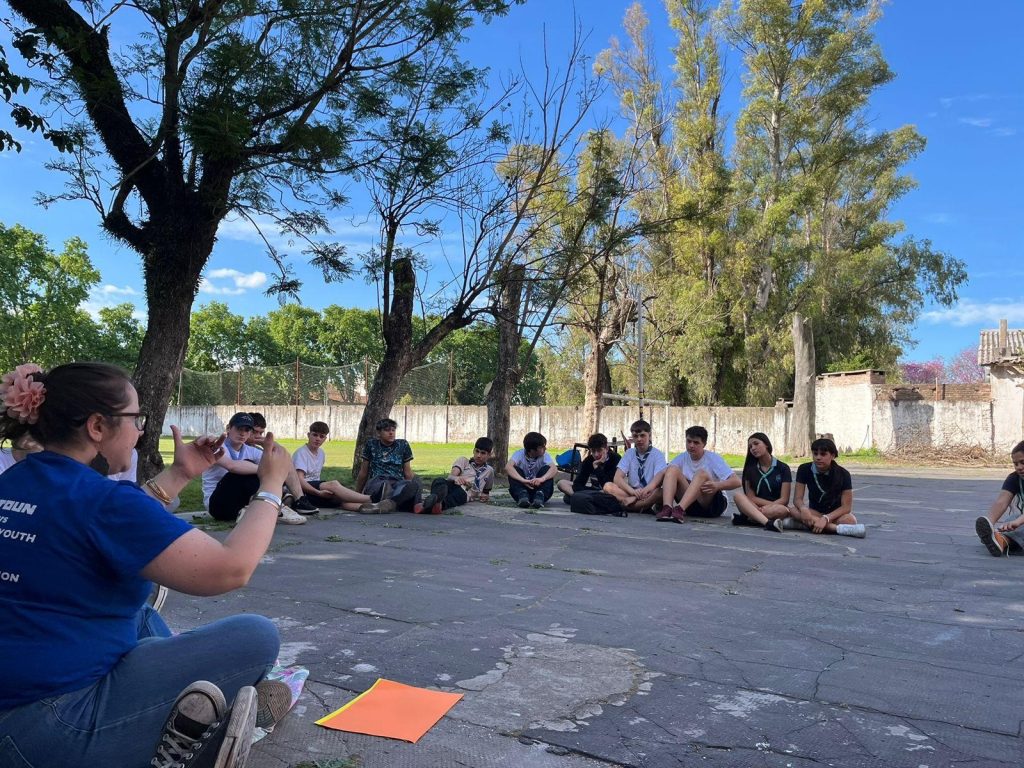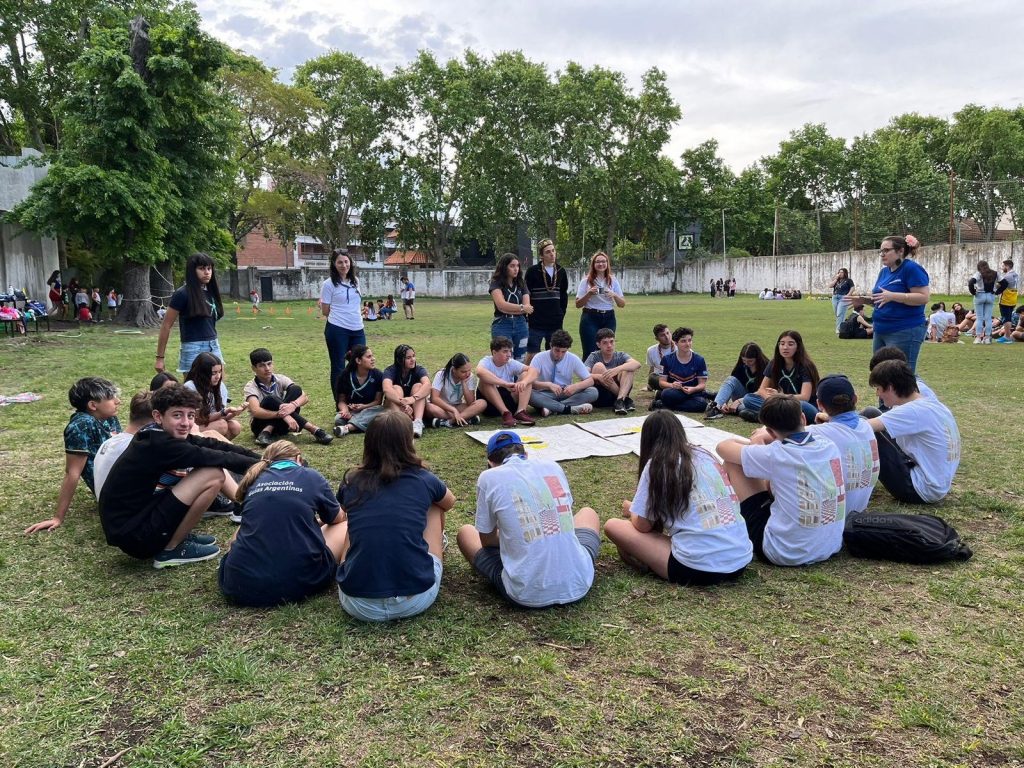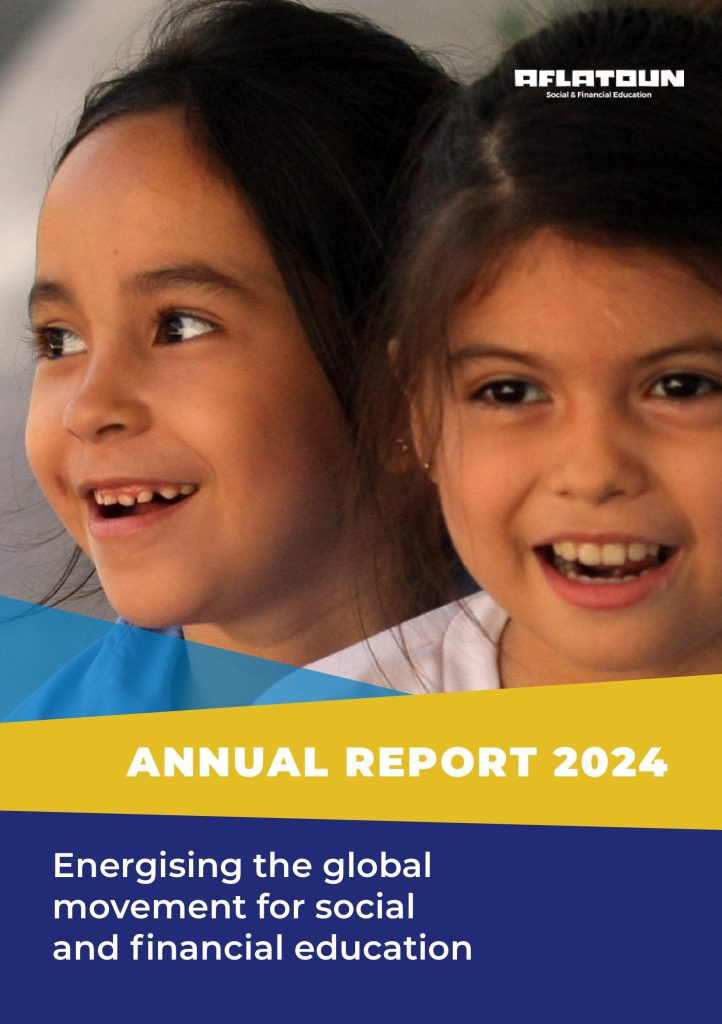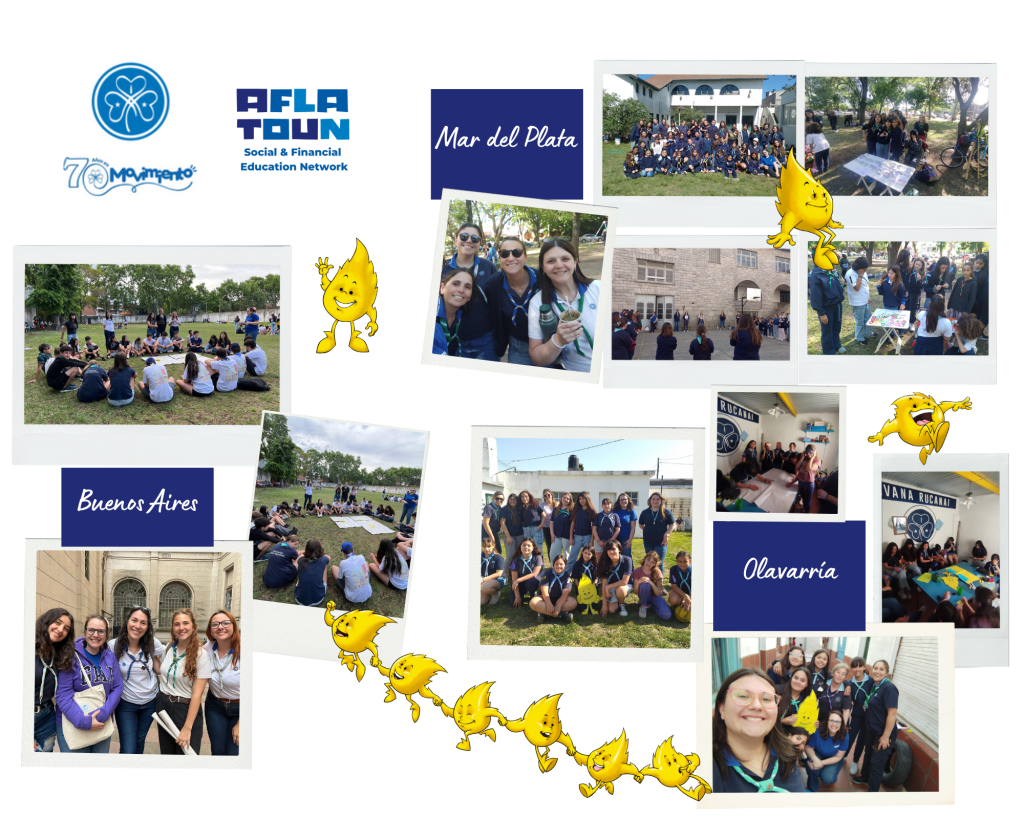
In October, Aflatoun partnered with AGA programmes in Argentina to bring Social and Financial Education to around 70 girls and young women across six communities in three cities. The sessions, facilitated by guides and volunteers, featured engaging activities focused on savings and financial skills, sparking enthusiastic participation and receiving positive feedback.
In three of the communities, active learning methodologies were employed to develop activities centred on savings and financial literacy, further enhancing the participants’ experience.
The reception of both the programme’s theme and the organisation’s efforts was overwhelmingly positive. Across all communities, participants showed a strong interest in discussing financial skills. Facilitators found it easy to align Aflatoun’s programme with their existing work, frequently connecting the topics to broader activities, personal experiences, and community life.
These visits highlighted several organisational strengths. A strong sense of belonging, a focus on the common good, and a commitment to social justice were evident in all activities. Facilitators were well-prepared in active learning methodologies, which were seamlessly integrated into their interactions. Additionally, there were structured spaces for open dialogue and reflection, supported by a project-management framework that ensured the effective organisation of weekly activities.
However, the project faces notable challenges, both external and internal. Externally, the national economic situation makes planning difficult, requiring facilitators and volunteers to dedicate significant time each week to fundraising for collective goals. Internally, time constraints also pose a challenge, particularly in preparing Social and Financial Education sessions.
Two areas for development have been identified. First, while the groups are diverse, targeted financial skills training could be further refined to address shared needs. Second, in the realm of social skills, there is an opportunity to enhance communication strategies and emotional management, particularly in relation to fundraising efforts.
This initiative definitely has the potential to grow into a sustainable, long-term programme with the capacity to expand nationally, reaching even more communities.
